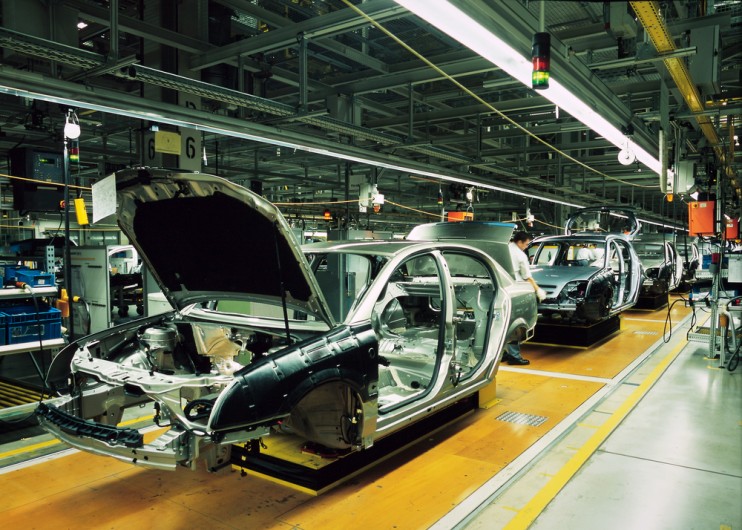Manufacturing and engineering suffering skills shortage
According to an industry report, struggling to recruit skilled workers is one of the sectors key issues currently and, as a result, Britain’s manufacturers are struggling to keep pace with global technology.
Productivity growth will continue to be put at risk if a skills shortage carries on in the sector, according to business group EEF. Coupled with a skills shortage is the pressure on UK manufactures as they deal with a host of pressures in both domestic and international markets.
Difficulties in finding the right workers in the last three years has been a persistent issue in the manufacturing and engineering sector, with three-quarters of companies suffering as a result, according to business group EEF. The forecast for potential productivity (what workers can produce in an hour) has been cut by the Office for Budget Responsibility (OBR). This has led to warnings of damage to wages, living standards and government tax receipts.
Lack of applicants and lack of skills
Following steel plant closures, tough export markets and turmoil within the gas and oil industry, the manufacturing sector has slumped into a recession. The ongoing struggle to find skilled workers is only compounding the current issues in the sector, according to EEF, and it predicts that the demand for the right people with the right skills will only increase.
Technology in the manufacturing sector is increasing at a rapid rate, with the World Economic Forum suggesting that advances in technology such as 3D printing and robotics could potentially put 7 million jobs at risk. However, with the increase in robotics and 3D printing, there is now a demand for workers with niche skills such as programming.
According to an EEF survey, as many as 64% of manufacturers said there were an insufficient number of candidates while two-thirds of manufacturers cited a lack of technical skills.
Government figures show that the number of hard-to-fill job positions remained at 35% in 2015, which is unchanged from 2013 but is, however, worse than in 2011 when it was at 30%.
Brexit
With the UK’s decision to leave the EU, it does spread uncertainty throughout the sector, with many manufactures sourcing talent from the EU. Imported labour is a key aspect in the sector, and many businesses rely heavily on importation of skilled workers due to the lack of skilled workers in the UK.
The manufacturing and engineering sector will need to adapt to marketplace changes in order to overcome the ramifications of leaving the EU.
Its not all doom and gloom
Organisations are taking great steps to engage with the likes of schools and universities which is already increasing young peoples enthusiasm for advanced manufacturing. Furthermore, by offering more apprenticeship schemes, it can provide a great learning platform to help create a more prepared and qualified workforce and are often open to grants.
Students are now envisaging a career in manufacturing largely down to the more positive image of manufacturing and engineering, with the use of cutting edge technology creating more excitement among young people and changing peoples expectations of the sector of just traditional factory work.
By shaking off the historic perceptions of the sector (factory work etc.) will only increase young peoples enthusiasm for pursuing a career in the manufacturing and engineering sector.
More from our manufacturing experts
You can find all of our latest manufacturing sector news and newsletters here.
If you are looking for advice in a particular area, please get in touch with your usual Hawsons contact.
Alternatively, we offer all new clients a free initial meeting to have a discussion about their own personal circumstances – find out more or book your free initial meeting here. We have offices in Sheffield, Doncaster and Northampton.
Free initial meeting
Craig Burton
Partner, Sheffield


